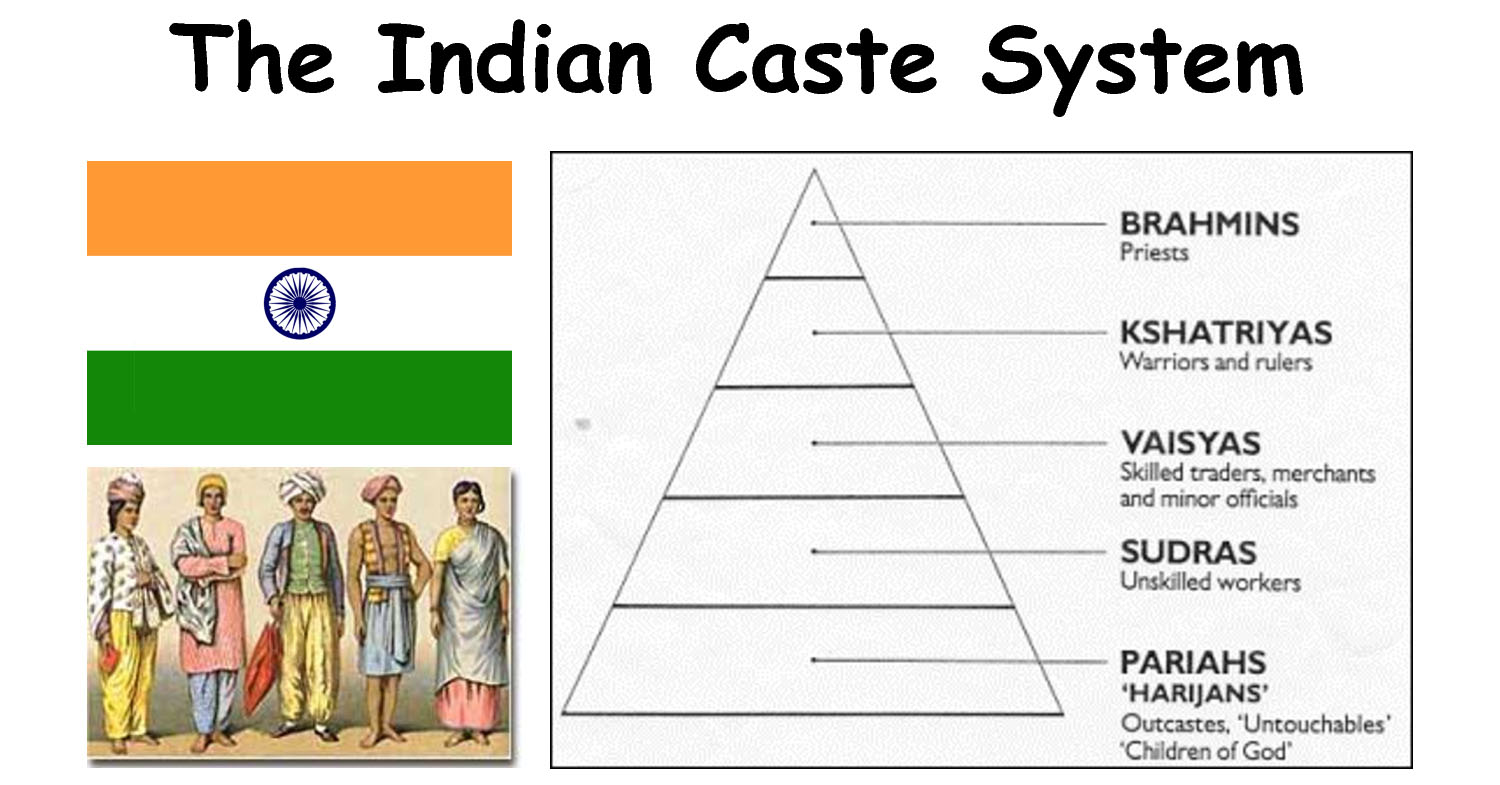Tutor Marked Assigment
Question A
Do you feel that King Oedipus can be adapted for a specifically non-Ancient Greek setting? Show how the play may have any relevance to other contexts. In your answer, identify the techniques that Sophocles relies upon to make his play resonate with a world beyond those of ancient Greece.
Sophocles’ renowned play “King Oedipus”, has fascinated readers from all over the world for many generations. One of the key features of the play is its ability to evoke our human emotions and intellect, making us ask questions about the issue of fate versus our own free will and our ignorance to the truth. This essay will explore the issue, and also highlight its relevance to modern society. It will identify several techniques used by the author that still enable readers of the 21st century to appreciate its work due to its universal messages.
A major motif of the play is the question of determinism and human agency. Determinism refers to events happening not due to human interaction, but rather due to external forces that one cannot control. On the other hand, human agency refers to the act of forging one’s future and determining one’s outcome by one’s own actions, in other words, free will.
In the play, the story of Oedipus is largely formed with the idea of fate and how he cannot escape from his destiny and prophecy. From the play "King Oedipus", the chorus has said that “time sees all; and now he has found you, when you least expected it” (Sophocles, 1947, p. 59). With every action which he thought would enable him to break the vicious prophecy that was given to him, it only brought him closer to its inevitable conclusion. This shows how fate and the Gods prevent him from changing his destiny.
This is where the universal message of the play comes in. We can apply this to a modern setting, whereby people born into wealthy families are more likely to lead a smooth and easier life while those born into poor families are more often than not stuck in a life of poverty. These people are given birth privileges (or lack thereof) and this largely contributes to their standard of living, which to a larger extent, forces them to conform to norms of the financial and social class such as level of education or income earned.
An example of this is the Indian caste system in which all Hindus born in India are placed into castes which determine their field of work and standard of living. Those belonging to the top of the system, priests and teachers are treated better than those at the bottom who are physical labourers and remain as such for the rest of their lives. This continues in the family line and is almost impossible to break out of (O'Niell, 2003).
 |
| 9/11 Tragedy |
The issue has troubled people from philosophers to scientists to even the common man. Throughout time, humans have debated over their own existence, and whether our own actions are instrumental in the course of our life. However, it is not possible to completely find a solution to this problem but merely take a stance and form our own opinions on the matter. The play raises this issue to the readers, and allows them to make their own decisions on which ideology to follow. This is why even today, the play is widely read as it is still very relatable in today’s society even after 2000 years.
Similarly, there is a matter that Sophocles has chosen to highlight, the willingness to ignore the truth. In the same that way that Oedipus chose to ignore Teiresias’ words because it didn't align too well with his image of the “truth”, some may also ignore the truth even when facts are clearly presented to them. This use of symbolism is relatable to contexts of all times as it is ingrained in our subconscious to reject what seems unfavourable to us and cling onto our own version of the "truth".
The play has also addressed the different ways in which people deal with a tragic situation, and these are universal emotions and actions that transcend time. There are two ways in which people handle such circumstances, escaping and trying to tackle the situation. In the play, these two methods are both used by the main characters, Jocasta and Oedipus respectively.
Jocasta attempts to redress the situation by an extreme form of escape, suicide, while Oedipus attempts to “rectify” the situation by inflicting self-punishment in order to make up for the atrocities he has committed This can be also seen throughout the ages, with suicide cases being a prevalent part of society. This happens when those who cannot take the reality of their situation feel that death is the only option left for them. However, there will be others who try to tackle the situation by solving the problem or inflicting some form of punishment unto oneself. These reactions to situations are very adaptable as humans from all walks of life and all ages would go through a similar thought process when experiencing a stressful situation.
In “King Oedipus”, Sophocles relies on two techniques to universalise his play beyond its ancient setting, namely, the play’s ability to evoke human emotions, and its potential to stir the reader’s intellectual psyche.
The play’s ability to evoke our human emotions, grief and regret, is noteworthy. Toward the climax of the play, Oedipus suffers major emotional trauma upon finding of the truth of his existence, having lost his mother and lover in a single stroke. These feelings of grief over losing a loved one and regret over his actions are strong emotions that enable the reader to connect with the play on a deeper, more emotional level.
Its potential to make the reader think about his own existence is also noteworthy. Sophocles plants this question in the reader's mind about the play’s central theme of fate versus free will and helps them to form their own conclusions and decisions about how they view the consequences of their own actions.
In conclusion, “King Oedipus” is still very relatable to a modern setting and need not be confined to its Ancient Greek setting. Sophocles achieves this by his universally adaptable theme of determinism versus human agency, our ignorance to the truth and the two different ways in which people deal with a tragedy. Finally, he ties the play together by evoking the reader’s emotions and asks the reader to decide his own stance toward fate.
Word Count: 1132
References
O'Niell, T. (2003). Discrimination against India's lowest Hindu castes is technically illegal. But try telling that to the 160 million Untouchables, who face violent reprisals if they forget their place. Retrieved from National Geographic Magazine: http://ngm.nationalgeographic.com/ngm/0306/feature1/
Park, M. (5 September, 2011). Small choices, saved lives: Near misses of 9/11. Retrieved from Cable News Network: http://edition.cnn.com/2011/US/09/03/near.death.decisions/
Sophocles (1947). The Theban Plays. (E. F. Watling, Trans.) London, England. (Original work
published 429 B.C.)


No comments:
Post a Comment